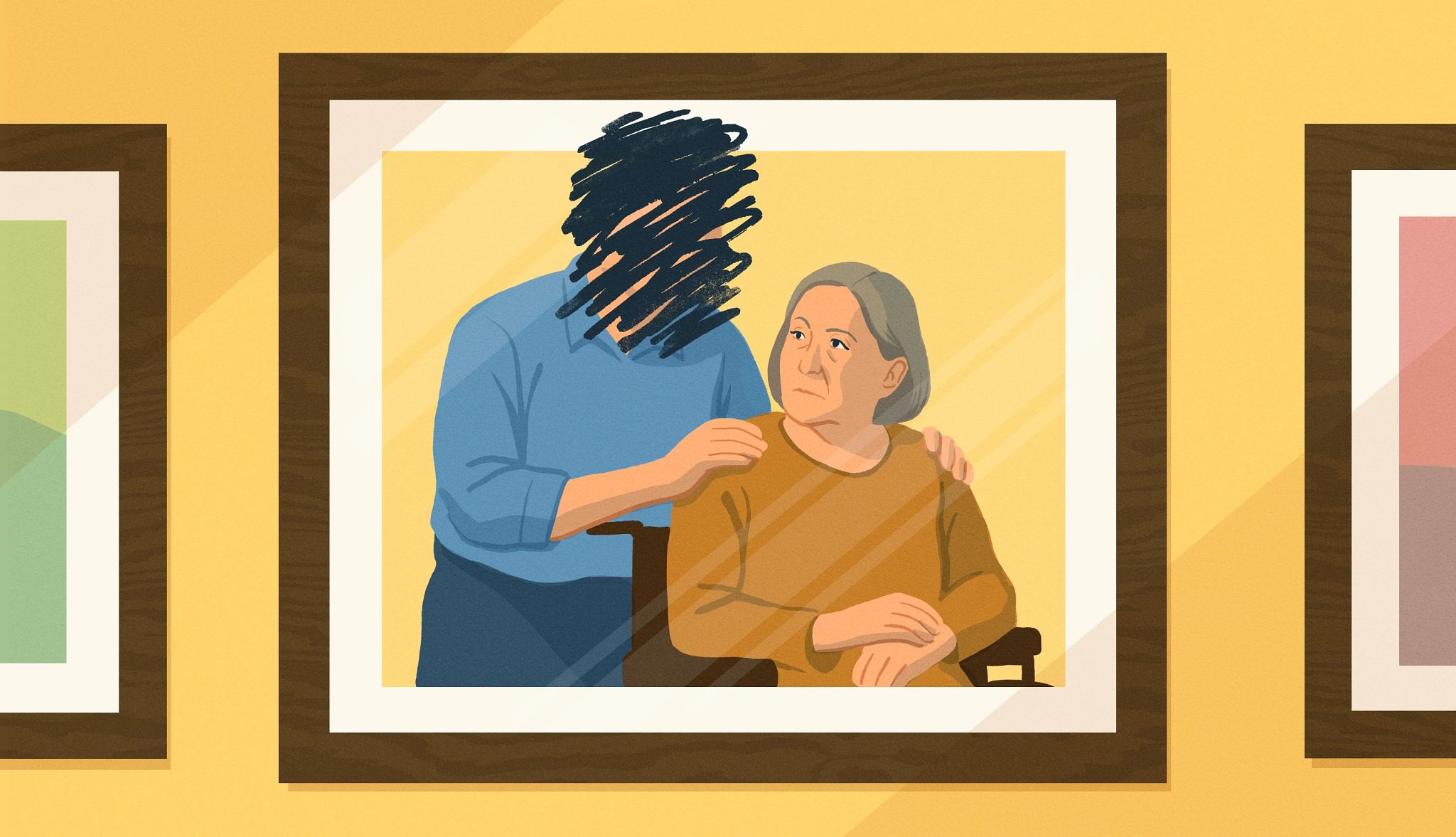AARP Hearing Center


Editors asked AARP Family Caregivers Discussion Group members and other caregivers to submit pressing questions they’d like family therapist and clinical psychologist Barry Jacobs to tackle in his caregiving column. Jacobs took on this hot-button topic:
Q: The advice for caregivers is always to meet [care receivers] in their own world. How can I do that successfully when he thinks I am the big villain? In his mind, I took away the keys, I control his life, and I am responsible for losing all his stuff. I tell him to take his medicine, so I’m bossy. If I don’t remind him of things, I don’t care about him. His frustration and anger are hard to deal with.
(Letter edited for length and clarity.)
Barry Jacobs: That sounds extremely hurtful. You devote yourself to your care recipient, and they respond with protests, not thanks. It's enough to make anyone feel embittered and question why they are working so hard on their care recipient’s behalf.
Join Our Fight for Caregivers
Sign up to become part of AARP's online advocacy network and help family caregivers get the support they need.
I know. Even eight years after her death, I can still feel the old wounds from a similar struggle with my mother; I was her primary caregiver for seven years as she declined from vascular dementia. During that time, my mother’s favorite saying, loudly exclaimed, was “You are not my boss!” She said it whenever I made changes to keep her safe, such as taking charge of her pillbox (after she became confused and could no longer put the right pills in the right slots), hiring personal care aides (after she fell repeatedly while alone in her apartment) and preventing her from driving (after it was clear she was a hazard behind the wheel to herself and others). I saw myself as a good son; she saw me as her tormenter. I felt for her as she gradually lost her independence but hated how she bad-mouthed me to other family members for ruining her life.
Meeting care receivers in their own world is excellent advice for any caregiving situation, especially when caring for someone with dementia. But why do care receivers with dementia frequently respond negatively to caregivers’ efforts? As you likely know, there are medical and psychological reasons.


































































More From AARP
Are You a ‘Control Freak’ Caregiver?
Learn how to strike a balance between being responsible vs. demanding5 Tips for Difficult Family Caregiving Conversations
Before you jump in, do your homework first
How Caregivers Can Control Their Worry About the Coronavirus
Harness those concerns and turn them into positive action